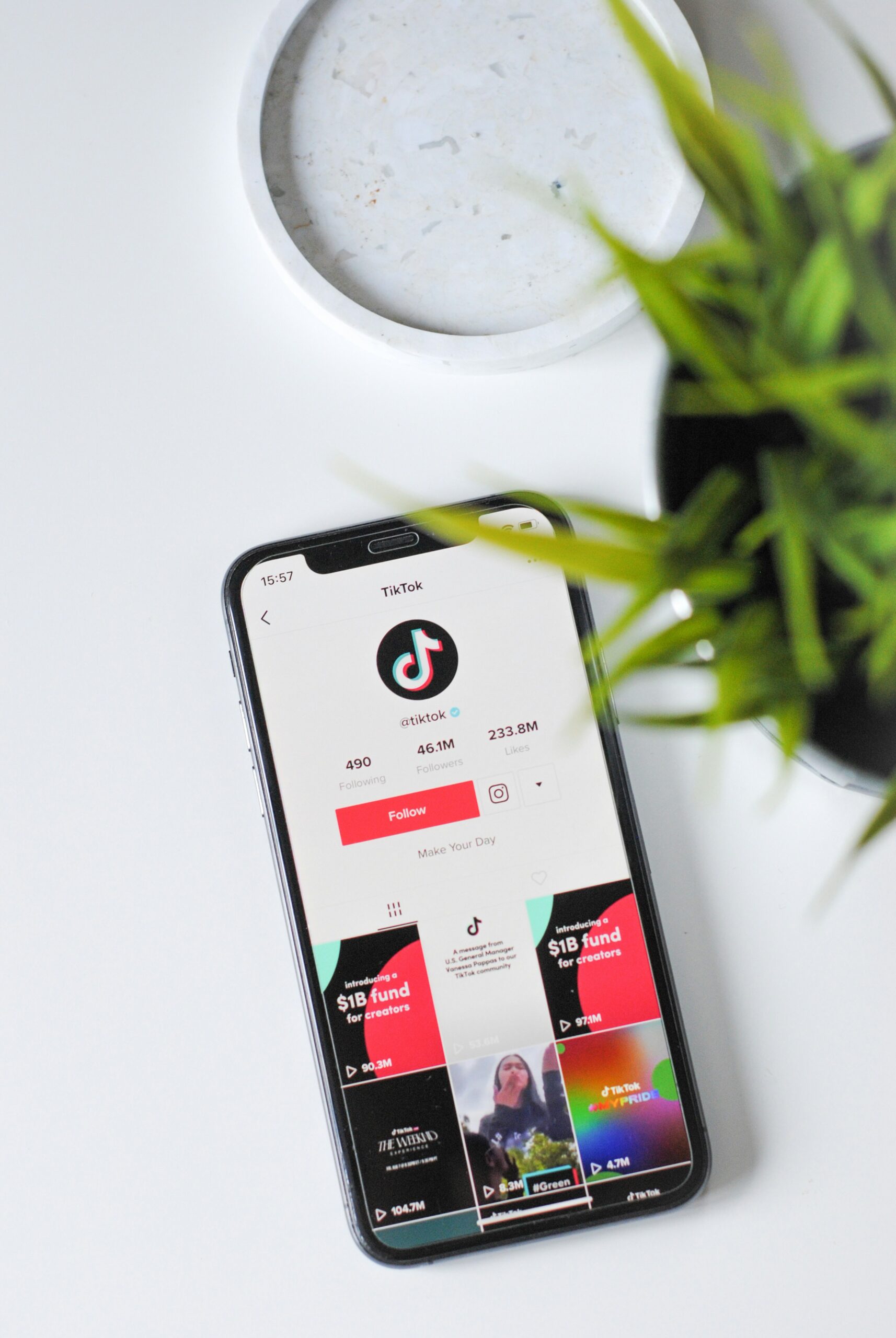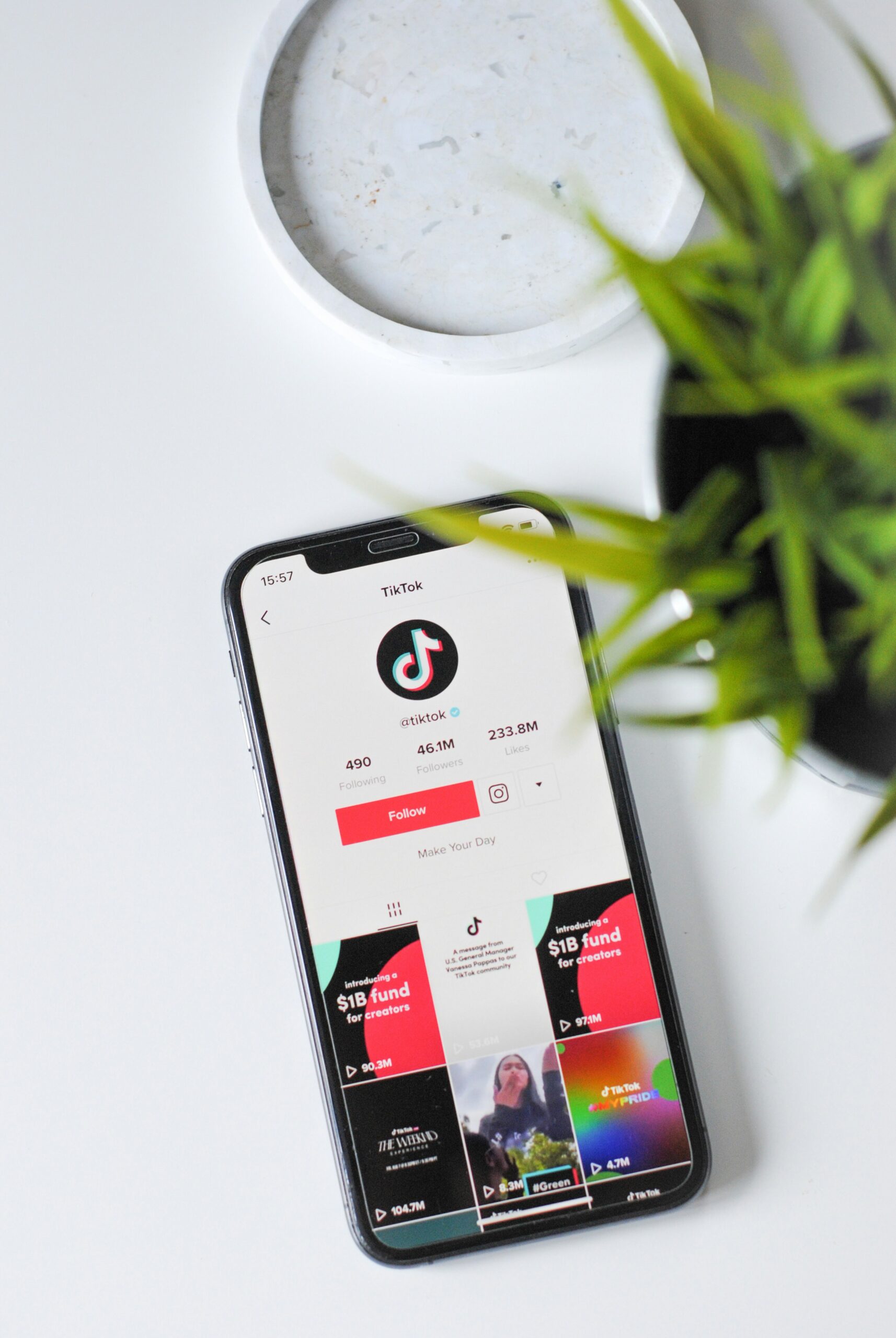
Case Studies: How Small Businesses Succeeded with Facebook Marketing
Introduction to Facebook Marketing for Small Businesses
Facebook has evolved into a pivotal platform for businesses seeking to engage with a wider audience. For small businesses, it presents a unique opportunity to leverage cost-effective marketing strategies. With over 2.8 billion monthly active users, Facebook offers an expansive reach that can be precisely targeted to match specific business objectives.
One of Facebook’s standout features is its advanced audience targeting capabilities. Small businesses can define their target audience based on demographics, interests, behaviors, and even geographical locations. This level of specificity ensures that marketing efforts are directed towards potential customers who are more likely to engage with the brand, thereby optimizing the return on investment.
Moreover, Facebook provides a variety of advertising options to suit different marketing goals. Whether it’s through photo ads, video ads, carousel ads, or slideshow ads, businesses can choose the format that best conveys their message. Facebook’s advertising platform is designed to be user-friendly, allowing businesses with limited marketing experience to create, manage, and optimize their campaigns effectively.
Another key feature is the comprehensive analytics tools that Facebook offers. These tools enable businesses to monitor the performance of their ads in real-time, providing insights into metrics such as reach, engagement, click-through rates, and conversions. By analyzing this data, small businesses can make informed decisions, adjust their strategies, and ultimately improve their marketing outcomes.
In today’s digital age, the importance of social media in marketing strategies cannot be overstated. Platforms like Facebook have become essential for businesses to build brand awareness, foster customer relationships, and drive sales. As we delve into the subsequent case studies, it will become evident how small businesses have successfully harnessed the power of Facebook marketing to achieve their goals.
Case Study 1: Local Boutique Boosts Sales Through Targeted Ads
A quaint local boutique faced the challenge of reaching its ideal customer base in a competitive market. By leveraging Facebook’s targeted advertising, the boutique achieved significant growth in both sales and customer engagement. The strategy involved a multi-faceted approach focusing on demographic targeting, interest-based targeting, and retargeting.
The boutique first utilized demographic targeting to zero in on potential customers based on age, gender, and location. Understanding their primary customer demographic—women aged 25-40 living within a 20-mile radius—the boutique crafted ads that resonated with this group. The demographic targeting ensured that ads were displayed to users most likely to visit the store, leading to a higher conversion rate.
Next, interest-based targeting was employed to further refine the audience. By analyzing customer data, the boutique identified common interests among their clientele, such as fashion, accessories, and local events. Ads were then tailored to highlight these interests, showcasing products and promotions that aligned with the preferences of their target audience. This approach not only increased the relevance of the ads but also spurred greater engagement, as potential customers felt a personal connection to the content.
Retargeting played a crucial role in converting prospective customers who had previously interacted with the boutique’s website or Facebook page but had not yet made a purchase. By using the Facebook Pixel, the boutique tracked these interactions and served ads specifically to these users, reminding them of the products they had viewed and encouraging them to complete their purchase. This strategy effectively kept the boutique at the forefront of customers’ minds and drove repeat visits to the store.
The results of this targeted advertising campaign were remarkable. The boutique experienced a 30% increase in sales within three months and saw a significant uptick in customer engagement on their Facebook page, with likes, shares, and comments tripling during the campaign period. Key to the campaign’s success was the precise targeting that ensured ads were highly relevant to the audience, coupled with compelling ad creatives that resonated with potential customers.
Case Study 2: Food Truck Gains Loyal Following with Engaging Content
A burgeoning food truck business demonstrated the power of Facebook marketing by significantly growing its customer base through strategic and engaging content. Utilizing a variety of Facebook’s content features, the business cultivated a loyal following that translated into both increased engagement and revenue growth.
One of the key strategies employed by the food truck was the use of live videos. These videos provided real-time updates on the truck’s location, showcased the preparation of popular dishes, and even included behind-the-scenes glimpses of daily operations. The authenticity and immediacy of live videos helped build a connection with the audience, making them feel part of the food truck’s journey.
User-generated content also played a pivotal role in the truck’s Facebook marketing strategy. The business encouraged customers to share their dining experiences and tag the food truck in their posts. This not only created a sense of community but also served as powerful testimonials that attracted new customers. By featuring these posts on their own Facebook page, the food truck amplified its reach and credibility.
Interactive posts, such as polls and Q&A sessions, further engaged the audience. These posts invited followers to participate in decisions like menu changes or new locations, fostering a sense of ownership and involvement among the customers. Furthermore, the food truck frequently ran Facebook contests and giveaways, which incentivized shares, likes, and comments, thereby boosting engagement metrics.
The impact of these content strategies was substantial. Over a six-month period, the food truck’s Facebook page saw a 35% increase in followers. Customer engagement, measured through likes, comments, and shares, increased by 50%. Most importantly, these efforts translated into a 20% boost in revenue, demonstrating the tangible benefits of consistent and engaging content.
In essence, the food truck’s success story underscores the importance of leveraging Facebook’s diverse content features to build and maintain a loyal customer base. Through live videos, user-generated content, and interactive posts, they not only engaged their audience but also drove meaningful business growth.
Case Study 3: Fitness Studio Expands Client Base with Event Promotions
In a highly competitive market, a local fitness studio turned to Facebook marketing to expand its client base and promote its unique class offerings. By leveraging Facebook Events and promotional posts, the studio was able to attract a wider audience and significantly grow its membership.
The studio’s marketing team created compelling event pages on Facebook, focusing on detailed descriptions, engaging visuals, and clear calls-to-action. These event pages highlighted special class themes, guest instructors, and exclusive promotions. By using eye-catching images and videos, the studio ensured that the events stood out in users’ newsfeeds, capturing the attention of potential clients.
Promotion of these events was carried out through a combination of organic and paid strategies. Regular posts on the studio’s Facebook page kept the existing community informed and engaged, while targeted ads reached a broader audience. The ads were carefully designed to appeal to individuals interested in fitness and wellness, using demographic and interest-based targeting to maximize their reach and effectiveness.
To further boost engagement, the studio encouraged attendees to RSVP on Facebook and share the events with their friends. This not only increased visibility but also created a sense of community and anticipation around the events. Additionally, the studio offered incentives such as discounts on class packages and free trials for those who attended the events, making it easier for new clients to commit to a membership.
The results of these efforts were impressive. The studio saw a 30% increase in event attendance rates and a 25% rise in new client sign-ups over a three-month period. The overall business growth was reflected in a 20% increase in monthly revenue. Key factors contributing to this success included the effective use of targeted advertising, engaging event content, and attractive promotional offers.
The fitness studio’s case illustrates the power of Facebook marketing in expanding a small business’s client base. By creating compelling event pages and utilizing promotional posts, the studio successfully engaged potential clients and converted them into loyal members, driving significant business growth.
Case Study 4: Handmade Crafts Business Increases Online Sales with Facebook Shops
In this case study, we examine how a small handmade crafts business leveraged Facebook Shops to enhance its online sales. The business, known for its unique, artisan products, sought to expand its reach and streamline the shopping experience for its customers. By integrating e-commerce with social media, the business successfully navigated the setup process, managed its product catalog, and executed effective promotional strategies.
The initial step involved setting up a Facebook Shop. This process was straightforward, requiring the business to first create a Facebook Page. From there, they accessed the ‘Commerce Manager’ tool to set up their shop. Key tasks included uploading high-quality images of their products, writing detailed descriptions, and categorizing items for easier navigation. The user-friendly interface allowed the business to efficiently organize their product catalog, ensuring all items were easily accessible to potential customers.
Product catalog management became crucial as the business grew. Utilizing Facebook’s features, they regularly updated their inventory, added new collections, and highlighted seasonal items. This not only kept their shop current but also attracted repeat customers looking for new products. Ensuring that product information was accurate and up-to-date helped build trust and credibility with their audience.
Promotional strategies played a significant role in driving traffic to their Facebook Shop. The business used targeted ads to reach specific demographics interested in handmade crafts. They also implemented Facebook’s ‘Shoppable Posts’ feature, allowing users to purchase directly from their feed. Engaging content, such as behind-the-scenes videos and customer testimonials, further enhanced their promotional efforts, creating a more personal connection with their audience.
The impact of these efforts was evident in the data. Within six months, the business saw a 45% increase in online sales and a 30% growth in customer reach. User experience also improved, with customers appreciating the seamless shopping process and the convenience of purchasing directly through Facebook. The integration of e-commerce with social media proved highly effective, showcasing the potential for small businesses to thrive in the digital landscape.
Case Study 5: Restaurant Drives Local Traffic with Geo-Targeted Ads
In the competitive landscape of the restaurant industry, location-based marketing has emerged as a pivotal strategy for attracting local customers. A small, family-owned restaurant exemplified this by leveraging Facebook’s geo-targeted ads to significantly boost its local patronage. By focusing on the immediate vicinity and crafting ads tailored to the tastes and preferences of nearby residents, the restaurant successfully heightened its visibility and appeal within the community.
The first step was to define a specific geographic radius around the restaurant, targeting users who lived or worked within a 5-mile radius. This precise targeting ensured that the ad spend was concentrated on potential customers most likely to visit. The restaurant utilized Facebook’s detailed audience insights to create compelling ads that showcased daily specials, unique menu items, and upcoming events, effectively capturing the local audience’s attention.
One of the most impactful strategies was the use of time-sensitive promotions. Ads featuring limited-time offers, like lunchtime discounts or weekend dinner specials, were scheduled to appear during peak decision-making times. This approach not only spurred immediate action but also created a sense of urgency among potential customers. Additionally, the restaurant incorporated customer testimonials and high-quality images of their dishes, which enhanced the ads’ credibility and visual appeal.
The results were noteworthy. Over the course of three months, the restaurant observed a 45% increase in foot traffic, with reservation rates climbing by 30%. Customer feedback was overwhelmingly positive, with many patrons citing the Facebook ads as their first introduction to the restaurant. These metrics underscored the effectiveness of geo-targeted advertising in connecting with a local audience and driving tangible business outcomes.
Overall, this case study highlights the vital role of location-based marketing for brick-and-mortar businesses. By strategically utilizing Facebook’s geo-targeted ads, the restaurant not only attracted more local customers but also fostered a stronger community presence, ultimately enhancing its success and sustainability in a competitive market.
Case Study 6: Niche Service Provider Builds Brand Awareness with Facebook Groups
A niche service provider specializing in eco-friendly home cleaning services sought to enhance their brand awareness and establish themselves as a leader in their field. To achieve this, they leveraged Facebook Groups to build a community around their services and related topics. The company’s strategy involved creating a highly targeted Facebook Group named “Eco-Friendly Home Cleaning Tips & Tricks,” attracting individuals interested in sustainable living and eco-conscious cleaning solutions.
The content strategy for the Facebook Group was meticulously planned. The service provider regularly posted valuable content, including DIY eco-friendly cleaning recipes, tips for reducing household waste, and articles on the benefits of green cleaning products. They also invited industry experts for live Q&A sessions and shared customer testimonials to build trust and credibility. By consistently providing high-quality, relevant content, the group quickly became a go-to resource for eco-friendly home cleaning enthusiasts.
Engagement tactics were crucial in fostering a sense of community within the group. The service provider actively encouraged group members to share their own tips and experiences, creating a collaborative environment. They also organized monthly challenges, such as a “Zero Waste Week,” where members could participate and share their progress. Regular polls and surveys further engaged the audience, providing valuable insights into their preferences and pain points.
The results of this community-building effort were impressive. Within six months, the Facebook Group grew to over 10,000 members, with high levels of interaction on posts and discussions. The group’s engagement metrics showed an average of 500 active members participating daily, contributing to a rich and dynamic community. Additionally, the service provider reported a significant increase in business inquiries directly attributed to the group’s success, with a 30% rise in new customer bookings.
This case study underscores the importance of community-building in brand development. By leveraging Facebook Groups, the niche service provider not only enhanced their brand awareness but also established themselves as an authority in eco-friendly home cleaning. Through strategic content creation and active engagement, they successfully built a loyal and engaged community that directly contributed to their business growth.
Conclusion: Key Takeaways and Best Practices for Facebook Marketing
Examining the case studies of small businesses that have effectively utilized Facebook marketing reveals several common strategies contributing to their success. These businesses have harnessed the power of targeted advertising, engaging content, event promotions, e-commerce integration, geo-targeting, and community-building to enhance their online presence and drive growth.
Targeted advertising emerged as a crucial element. By leveraging Facebook’s sophisticated targeting tools, businesses can reach specific demographics, interests, and behaviors, thereby maximizing the relevance and impact of their ads. Crafting compelling ads that speak directly to the target audience’s needs and preferences has proven to be effective in generating leads and conversions.
Engaging content is another vital factor. Small businesses that succeed on Facebook consistently produce content that resonates with their audience. This could include informative posts, captivating images, entertaining videos, and interactive polls. Regularly updating the content keeps the audience engaged and encourages them to interact with the brand.
Event promotions on Facebook have also shown significant potential. Creating event pages, sharing updates, and inviting followers can boost attendance and engagement, whether for online webinars or in-person gatherings. Effective event promotion helps build anticipation and fosters a sense of community among followers.
Integrating e-commerce functionalities within Facebook has enabled small businesses to streamline the shopping experience. By setting up Facebook Shops or utilizing direct purchase options, businesses can provide a seamless journey from product discovery to purchase, enhancing customer convenience and boosting sales.
Geo-targeting allows businesses to tailor their marketing efforts to specific locations. This strategy is particularly beneficial for local businesses aiming to attract nearby customers. By focusing on local audiences, businesses can create more personalized and relevant marketing campaigns.
Community-building is another cornerstone of successful Facebook marketing. Engaging with followers, responding to comments, and fostering discussions can create a loyal community around the brand. This not only enhances customer loyalty but also encourages word-of-mouth marketing.
For small businesses looking to leverage Facebook marketing effectively, the key lies in understanding and implementing these strategies. By focusing on targeted advertising, creating engaging content, promoting events, integrating e-commerce, utilizing geo-targeting, and building a strong community, businesses can harness the full potential of Facebook as a marketing platform.


